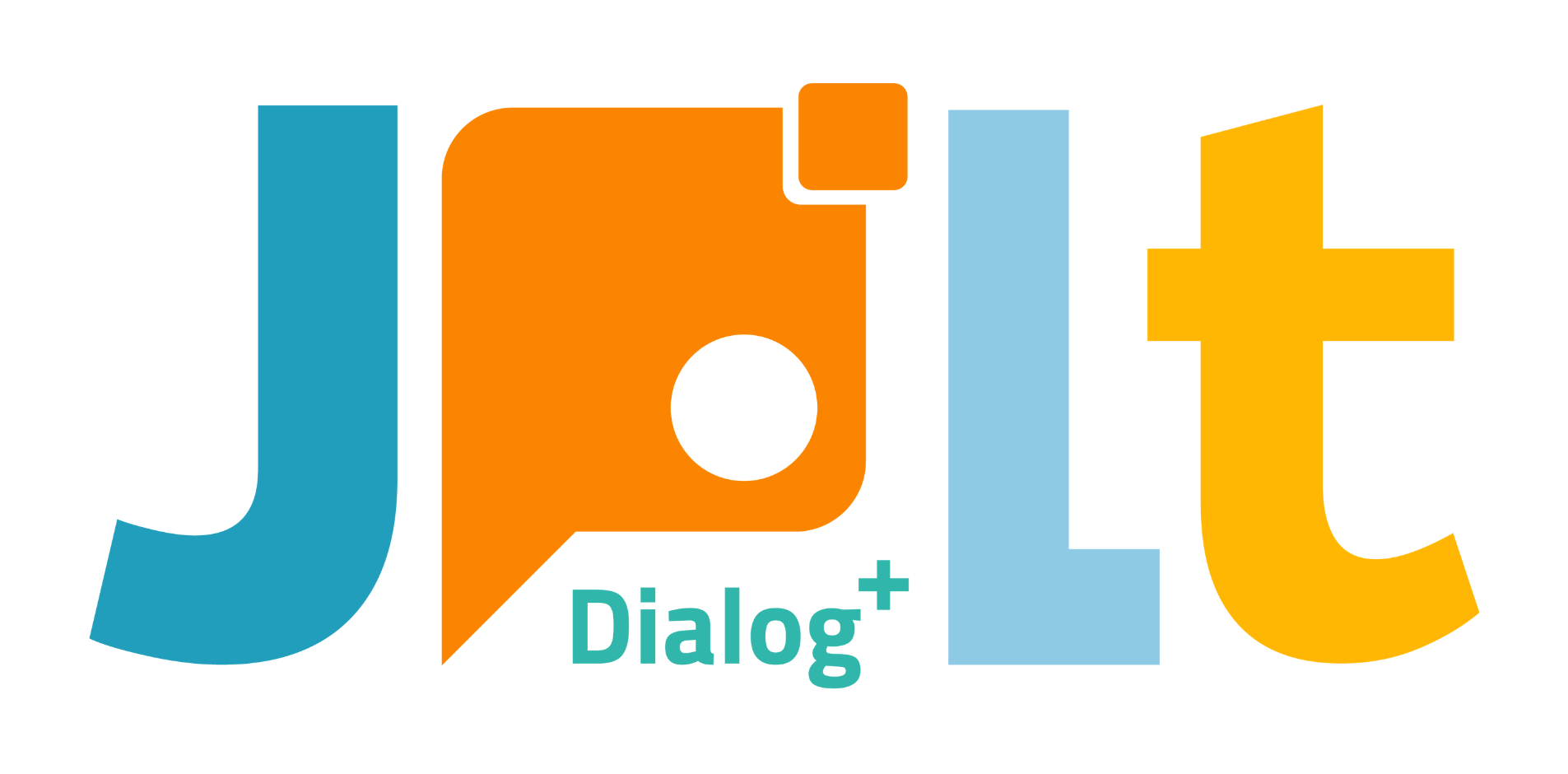What Are the Benefits of Learning Japanese in Group Lessons? Tips and Considerations Explained
"Which is better for Japanese lessons, one-on-one or group?" "I'm currently taking one-on-one Japanese lessons, but is there anything I can only experience in group lessons?" "I want to know the benefits of taking Japanese lessons in a group!"
While many people who are working on Japanese language lessons are said to take one-on-one lessons, how many of you know that there are great benefits to taking group lessons? There are also aspects where you can improve your Japanese skills more effectively by taking both one-on-one and group lessons.
In this article, Eri-san from JPLT Online Japanese Language School explains the benefits of group lessons for learning Japanese.
■ 5 Benefits of Learning Japanese in Group Lessons
1. Diverse Perspectives and Learning Styles
Example:
In group lessons, you can hear the questions and opinions of other students. This can help you notice things you wouldn’t notice yourself and discover new ways of learning.
For instance, when a student is struggling with a particular grammar, the explanations and understanding methods of other students can be helpful.
2 .Practical Communication Opportunities
Example:
In group lessons, you can practice conversation in pairs with other students. This helps improve your real-life communication skills.
For instance, you can role-play shopping situations to practice real conversations.
3. Social Connections and Motivation
Example:
Learning in groups allows you to make friends with other students and encourage each other. This is particularly useful for maintaining motivation.
For instance, having friends to study with makes it more fun to continue studying and makes it easier to participate without missing any classes.
4. Stimulation of Competitive Spirit and Drive for Improvement
Example:
Seeing the progress of other students creates a competitive spirit that makes you want to work hard. This increases your motivation to study.
For instance, seeing your classmates become better at speaking makes you want to practice more.
5. Cost-Effectiveness
Example:
Group lessons are often less expensive than one-on-one lessons. This makes it less financially burdensome to continue studying for a long period of time.
For instance, you can take more lessons for the same budget and increase your study time.
■5 Things to keep in Mind when Taking Japanese Group Lessons
1. Participate Actively
Example:
In group lessons, it is important to be proactive in speaking up and asking questions. If you stay silent during class, you will miss an opportunity to learn.
For instance, if you have a question about grammar, ask the teacher or other students on the spot to deepen your understanding.
2. Cooperate with Other Students
Example:
In group lessons, you are expected to cooperate. It is important to respect the comments of other students and proceed smoothly with collaborative work and pair work.
For instance, when practicing conversation, listening carefully to what the other person is saying and expressing your own opinion appropriately will increase the learning effect of both parties.
3. Consider Individual Learning Paces
Example:
There may be differences in the learning progress and level of understanding within a group. It is important not to impose your own pace on others and to be considerate of the level of understanding of other students.
For instance, if other students are struggling to understand, you can help each other or ask the teacher for additional explanations.
4. Do Not Neglect Preparation and Review
Example:
Since group lessons have a limited time for each lesson, preparation and review are essential. Checking the next topic before class and reviewing the content after class will deepen your understanding.
For instance, study the grammar and vocabulary to be covered in the next class in advance and actively use them during class.
5. Make Use of Feedback
Example:
In group lessons, not only feedback from the teacher but also opinions from other students are valuable. Actively seek feedback and clarify your weaknesses and areas for improvement.
For instance, by asking other students for their opinions on your pronunciation and grammar after conversation practice, you can find specific improvement measures.
■ 5 Benefits of Combining One-on-One and Group Lessons in Learning Japanese Language
1. Balance Individual Attention and Group Learning:
One-on-one lessons allow for customized instruction according to individual learning needs, while group lessons allow for interaction and collaborative learning with other learners. By combining the two, you can balance individual focus and collaborative learning.
2. Compensating for Individual Weaknesses:
In one-on-one lessons, you can focus on overcoming specific challenges and weaknesses, and then use them in group lessons to have practical conversations and discussions with other learners. This allows you to effectively compensate for your individual weaknesses.
3. Accommodating Different Learning Styles:
Learners have different learning styles. One-on-one lessons can emphasize visual and auditory learning methods, while group lessons promote learning through dialogue and cooperation. A combination of both can accommodate a wide range of learning styles.
4. Improving Self-Expression Skills:
One-on-one lessons improve basic expression skills, and then group lessons allow you to practically hone your self-expression skills through conversation and discussion with other learners. This prepares you to use Japanese more confidently.
5. Diversity of Learning within a Group:
Group lessons allow for the exchange of ideas and sharing of cultural understanding among other learners. Combining one-on-one lessons with one-on-one lessons can provide diverse learning opportunities while achieving individual learning goals.
■Summary: Combining One-on-One and Group Lessons for Effective Japanese Learning!
In Japanese language learning, one-on-one and group combined learning can maximize the advantages of each. One-on-one allows for customized instruction according to individual needs, and subsequent group lessons allow you to develop practical communication skills through interaction with other learners.
By combining these two in a well-balanced way, you can expect to improve your Japanese language skills effectively and comprehensively.





